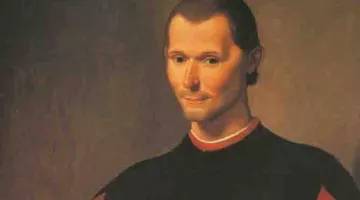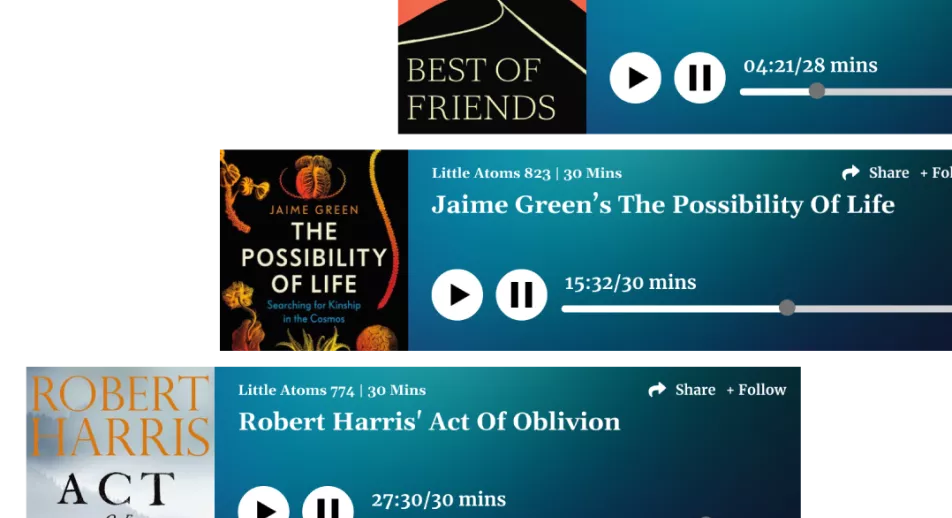Erdogan and the new world disorder

More than once this week I’ve heard people ask just what Turkish president Recep Tayyip Erdogan is up to in his bizarre confrontation with the Netherlands.
In an atmosphere when even the Dutch Prime Minister has been driven to take out a newspaper advert warning immigrants to act “normal” or go back where they came from, surely it isn’t wise for the Turkish president to start calling the Dutch “nazi remnants” for refusing to let his AK party colleagues address Turks in Rotterdam and elsewhere. Isn’t he endangering Turks in the Netherlands and across Europe.
The truth is that for Erdogan, Turks in Europe are only worth thinking about in terms of votes. His ministers are being dispatched across Europe to drum up support for Erdogan’s proposal to strengthen the powers of the president, putting Erdogan very firmly in charge.
One doubts, somehow, that the president would be so quick to condemn the Dutch authorities had they stopped one of his Turkish opponents from speaking.
Have the Dutch walked into a trap laid by Erdogan then? Well, no. There’s a tendency to view people like Erdogan as grandmasters, tactical geniuses always thinking three moves ahead of the opposition.
The way we talk about Vladimir Putin is a perfect example of this: we imagine a scheming KGB maestro, the supervillain leader of Ian Fleming’s SMERSH.
Successful autocrats like Putin and Erdogan are very rarely that clever: but they are opportunists, ever aware of the angle that will benefit them most.
This has been clearly evident in Erdogan’s reaction to last year’s coup attempt: for a brief moment, many (including many Turks) believed that Erdogan may have engineered the coup himself. This wasn’t the case. But once it was underway, he was certainly not about to let an opportunity go to waste, and in the aftermath he has set out to exploit the coup by purging the upper echelons of Turkish society of potential threats, including his former allies in the Gulenist movement.
Similarly, Erdogan hardly sent his speakers to the Netherlands in the hope that they would not be allowed to speak, but he’s canny enough to spot a chance. When the Dutch authorities, fearing that rallies of immigrants waving crescent flags would fuel Geert Wilders’ rhetoric, blocked AK representatives from speaking, Erdogan saw his chance: here are more enemies of the Turks, he suggests, and with enemies on all sides, Turks need unity under a strong leader.
From the aforementioned Wilders, to Trump, Farage, Erdogan and Putin, what we’re seeing is a class of politician who no longer cares about the rules: indeed, the guarantors of the rules – an independent judiciary, a free press – are now classed as the enemy. Chaos, meanwhile, is what the people want, and by God they’ll get it. Chaos is the ideal state of things for operators like Trump and Erdogan, in which maximum advantage can be extracted, like petty thieves stealing drinks during a pub brawl. The break up of the EU, of Nato, of the UK? This is exactly the world they want.



